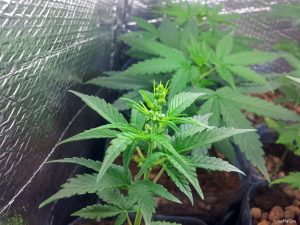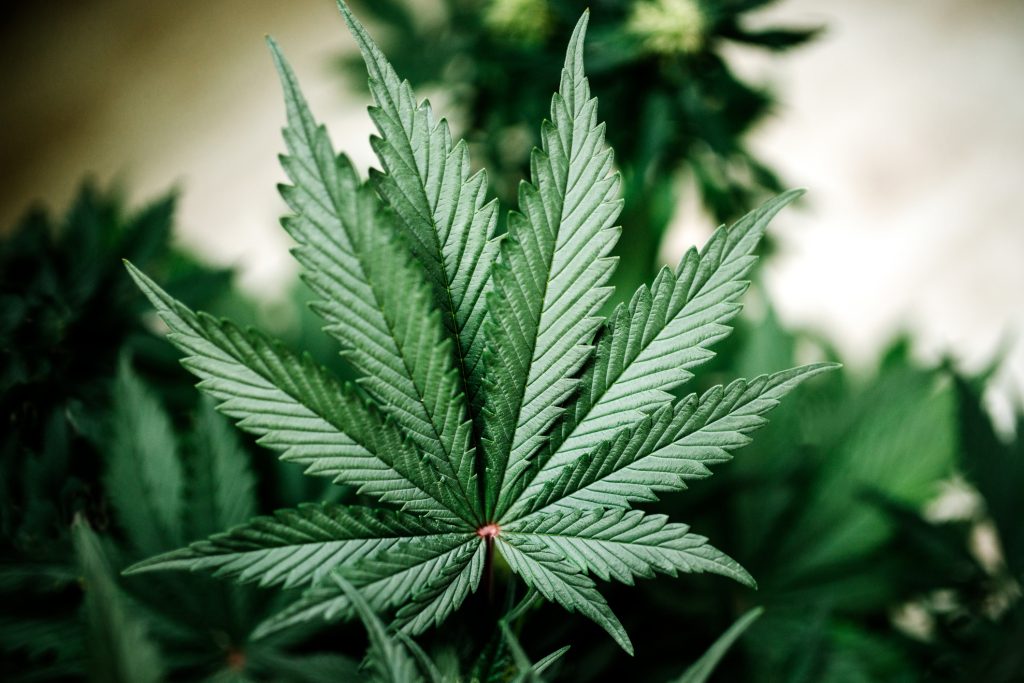Uncategorized
Enhancing Cognition: Navigating the Intricacies of Cannabis Memory
In the world of cognitive function and mental enhancement, cannabis memory has often been associated with impairment due to its psychoactive effects. However, emerging research has unveiled a more nuanced relationship between cannabis memory—one that hints at the potential for memory enhancement. In this exploration, we delve into the scientific intricacies of how cannabis interacts with memory processes, debunking myths and shedding light on the possibility of harnessing its cognitive benefits.
Unraveling the Endocannabinoid System: A Key Player in Memory

Understanding the intricate relationship between cannabis memory and memory formation requires a deep exploration of the endocannabinoid system (ECS). This complex network of receptors and neurotransmitters serves as a key player in regulating various physiological processes, including memory. The ECS consists of two main types of receptors: CB1 and CB2. CB1 receptors are primarily located in the brain, particularly in regions associated with memory, learning, and cognitive function. It is through the activation of these CB1 receptors that cannabinoids, the compounds found in cannabis, exert their effects on memory. When cannabinoids interact with CB1 receptors, they modulate the release of neurotransmitters, impacting the communication between neurons and influencing memory consolidation and retrieval.
Memory is a multifaceted process that involves various stages, including encoding, consolidation, storage, and retrieval. The endocannabinoid system, with its intricate network of receptors and signaling pathways, plays a vital role in these stages. For example, during memory encoding, the activation of CB1 receptors by cannabinoids can influence the strength and efficiency of synaptic connections between neurons, which are crucial for forming memories. Additionally, the ECS contributes to memory consolidation by aiding in the transfer of short-term memories to long-term storage.
The interaction between cannabis and memory is complex, and the effects can vary depending on factors such as the type of cannabinoid, dosage, and individual differences. While some cannabinoids may enhance memory under certain conditions, others can lead to impairments in memory function. Tetrahydrocannabinol (THC), the psychoactive compound in cannabis, is known to have both memory-enhancing and memory-impairing effects, depending on the dose and context.
Intriguingly, the ECS is not only influenced by external factors like cannabinoids but also by the body’s natural endocannabinoids. Anandamide and 2-arachidonoylglycerol (2-AG) are endocannabinoids that the body produces and releases in response to various physiological cues. These endocannabinoids interact with CB1 receptors, contributing to the modulation of memory processes.
The intricate dance between cannabinoids, endocannabinoids, and the endocannabinoid system intricately shapes the interplay between cannabis memory and memory formation. By unraveling the mechanisms through which cannabis compounds interact with the ECS, researchers gain insights into the potential benefits and challenges associated with cannabis use in memory. This journey of exploration opens doors to understanding how we can harness the potential of cannabinoids while navigating their effects on memory, ultimately contributing to a more comprehensive understanding of the complexities of memory regulation in the human brain.
THC vs. CBD: A Tale of Two Cannabinoids
THC (tetrahydrocannabinol) and CBD (cannabidiol) are two prominent cannabinoids in cannabis with distinct effects on cannabis memory. We explore their divergent impacts on memory, from THC’s temporary impairments to CBD’s potential for memory enhancement and neuroprotection.
The Balance of Dosage: Microdosing and Memory

Microdosing, the practice of consuming small amounts of cannabis, has gained popularity for its potential cognitive benefits related to cannabis memory. Delve into how micro-dosing impacts memory, exploring its delicate balance between enhancing cognitive function and avoiding impairments.
Neuroplasticity and Memory Resilience
Neuroplasticity, the brain’s ability to adapt and rewire, holds the key to memory enhancement related to cannabis memory. We uncover how certain cannabis compounds may influence neuroplasticity, potentially bolstering memory resilience and optimizing cognitive performance.
Cannabinoids and Neurogenesis: Building Brain Cells for Better Memory

Recent research suggests that cannabinoids might stimulate neurogenesis—the birth of new brain cells—particularly in the hippocampus, a region crucial for memory and related to cannabis memory. We investigate this groundbreaking finding and its implications for memory improvement.
Targeting Memory Disorders: Cannabis as a Therapeutic Avenue
Memory disorders like Alzheimer’s disease pose significant challenges for cannabis memory. We explore how cannabis-based therapies are being investigated as potential treatments for memory-related conditions, highlighting the promising directions of scientific research.
A Holistic Approach: Navigating Cannabis and Memory Enhancement

As we navigate the complexities of cannabis and memory enhancement, a holistic perspective emerges. We emphasize the importance of responsible use, personalized dosing, and integrating other cognitive enhancement techniques to maximize the cognitive benefits related to cannabis memory while minimizing potential drawbacks.
Navigating Cannabis and Memory Enhancement
Beyond the common misconceptions, the science of cannabis and memory enhancement is a realm of discovery and potential for cannabis memory. By understanding how cannabis interacts with memory processes, we unlock new possibilities for cognitive enhancement and memory support related to cannabis memory. With a balanced approach and a foundation in scientific understanding, we navigate the evolving landscape of cannabis and memory, unveiling a promising avenue for optimizing our cognitive potential.


